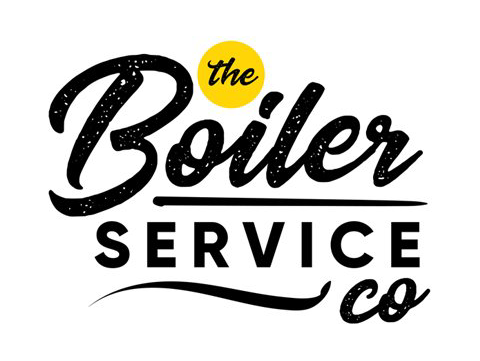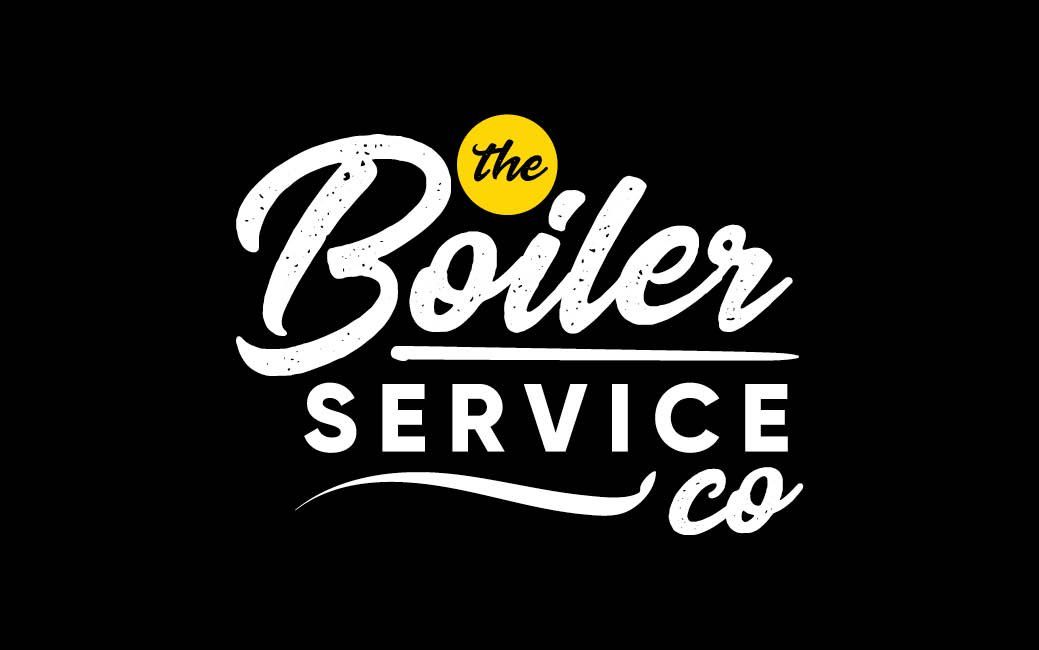How To Save Money On Your Heating Bills This Winter
Our Heating Engineer, Tom's Guide To Saving Money On Your Heating Bills.

At The Boiler Service Co we always try to offer energy efficiency advice to every customer.
As Gas Engineers our advice has changed in the last few months with the changes to Building Regulations and ridiculous energy prices.
The cost of living crisis continues to bite and we have been thinking about writing something like this for a while.
Of course our customers get the most up to date energy saving advice. Here you have our heating engineer, Tom’s guide to saving money on your heating bills.
1. Boiler service. Get your boiler serviced before winter. Your engineer will pick up on any defects, ensure your boiler is safe and running as efficiently as possible. The Boiler Service Co are happy to offer energy saving advice on every visit to help you save money on your heating bills this winter.
2. Controls. Central heating systems should as a minimum have a programmer or time clock and room thermostat. If you have radiators this should include thermostatic radiator valves (TRV’s) and if you have a hot water cylinder a cylinder thermostat. If you don’t have these minimum controls, installing them will be one of the best ways to save money on your heating bills.
3. Smart controls go one better to give you even more control to cut your fuel bill. Never heat an empty home again with full control of your heating system via a mobile app. With Geolocation, holiday modes, frost protection, heating alerts and more, smart thermostats can really help save money on your bills. We recommend Hive and Nest smart controls, each has its advantages and disadvantages and we can advise on the most suitable for your system.
4. Turn your room thermostat down. We still advise a room temperature of between 18-21°C but it should be set to the lowest temperature at which you still feel comfortable. This temperature will be different for everyone so it’s worth experimenting to see if you can set your own room thermostat to a lower temperature. For homes with one room thermostat; for every degree you turn it up it can add around 10% to your bills.
Remember you don’t need to turn your room thermostat up on colder days, it will still heat your house to your desired temperature. If may, however take longer to reach the set temperature so you might choose to bring your heating on earlier. Again, smart thermostats can help here as they will work this out for you.
5. Should I leave my heating on low all day or turn it off? The answer to the age old question of ‘should I leave my heating on low all day?’ is actually ‘yes-to an extent’. We advise keeping your home at a minimum of 15°C during winter but don’t heat above this temperature when no one is at home. When you’re at home 18-21°C will suit most people.
Make use of your controls to achieve this and ensure they are set correctly.
6. Get to know your TRV’s. They offer control of the temperature in each room. Set each room to achieve the lowest desirable temperature. Rooms that are not used can often be set lower. As radiators automatically shut down they reduce demand on the boiler, saving gas and ultimately money.
7. Smart TRV’s. Hive smart TRV’s allow you to set a schedule and temperature on a room by room basis. Great for people working from home you could just heat the home office. For example, in a house with 10 radiators, you may only need to heat 2 of these while you work. You could be saving up to 80% on your heating costs.
8. Bleed radiators? Run your central heating and check your radiators. Hot at the bottom and cold at the top? They need bleeding! A radiator that is not fully heating is inefficient.
9. Radiators cold at the bottom? You’ve bled your radiators and they are now hot at the top but cold at the bottom? You could have sludge in your system. Poor system water is inefficient as it takes more energy to heat the water. We can advise on solutions such as power flushing.
10. Keep radiators clean & tidy. Radiators work via convection currents. Keep your radiators clear of dust, especially down the back. This will let air flow freely and the radiators work more efficiently.
11. Don’t cover radiators. Try to avoid drying clothes directly on your radiators, it restricts air flow and the efficiency of your radiators to heat the room. Try a hanger in front of the radiator to make use of the 10% radiated heat.
12. Heat deflectors. As 10% of the heat emitted from a radiator is radiant heat, on an outside wall it can be beneficial to fit a heat deflector behind the radiator. This can help keep heat in the room. Radiators on internal walls still provide beneficial heat to other rooms so deflectors are not advised.
13. Reduce flow temperature. This really needs a write up to itself and we aim to do this in the near future. In short, experiment with reducing your boilers heating flow temperature to still give a comfortable room temperature within an acceptable time frame. Remember, if you have a hot water cylinder the minimum flow temperature is different to a combi boiler. We can give detailed advice on every service visit.
14. Combi boiler hot water thermostat. If you have a combi boiler, you should check your hot water temperature. If you run a bath and still have to mix cold water in, you could save money by reducing your boiler thermostat. We recommend you try 48-50°C as a starting point, the lower the better. Aim to not have to mix cold water for any hot water demand.
15. Combi boiler pre-heat function. Turn it off to save gas. Check your Manufacturer’s Instructions to see if your boiler has a pre-heat function. Turning this off will save you gas but may waste a little more water. Gas is more expensive than water so we advise you try turning the pre-heat off if you want to save money.
16. Insulate pipework. Heat loss is real and we need to avoid it if we want our systems to work efficiently. Get heat where it is needed and reduce heat loss around your system with insulation. Make sure your hot water cylinder is insulated, as well as all the pipework in your airing cupboard. Lifting floorboards for other work? Insulate any visible pipework. I’ll put loft insulation here as well. Check and top up your loft insulation if it needs it to prevent excessive heat loss through your roof.
17. Replace boiler? I specialise in the service and repair of boilers and would never suggest a boiler replacement unless it was absolutely necessary. Most condensing boilers can achieve 90%+ efficiency, and if they’re serviced regularly can last a long time. Non-condensing boilers should really now be replaced to save energy, some of the worst offenders are only 50% efficient.
I really hope this helps you save some money this winter. It’s going to be a difficult one for many of us. Our priority will always be keeping our customers safe and warm. If you have your own energy saving tips please post them on our Facebook page https://www.facebook.com/theboilerservicecompany
I appreciate I’m suggesting spending money to save money on some of these energy saving ideas so weigh up the pros and cons for you, it may take time to financially benefit from some of them. There are however plenty of ideas to try that require little or no investment, only some of your time, and everyone should try these.
The Boiler Service Co top tip is to talk to us about smart controls. There are now some very cost effective solutions from both Hive and Nest that we can offer.
For everyone working from home asking us how they can save money and still keep warm. The solution is to install Hive Active Heating alongside Hive smart TRV’s and fully take control of your heating system. Only heat the rooms you use.
Keep safe and stay warm Tom @ The Boiler Service Co.



